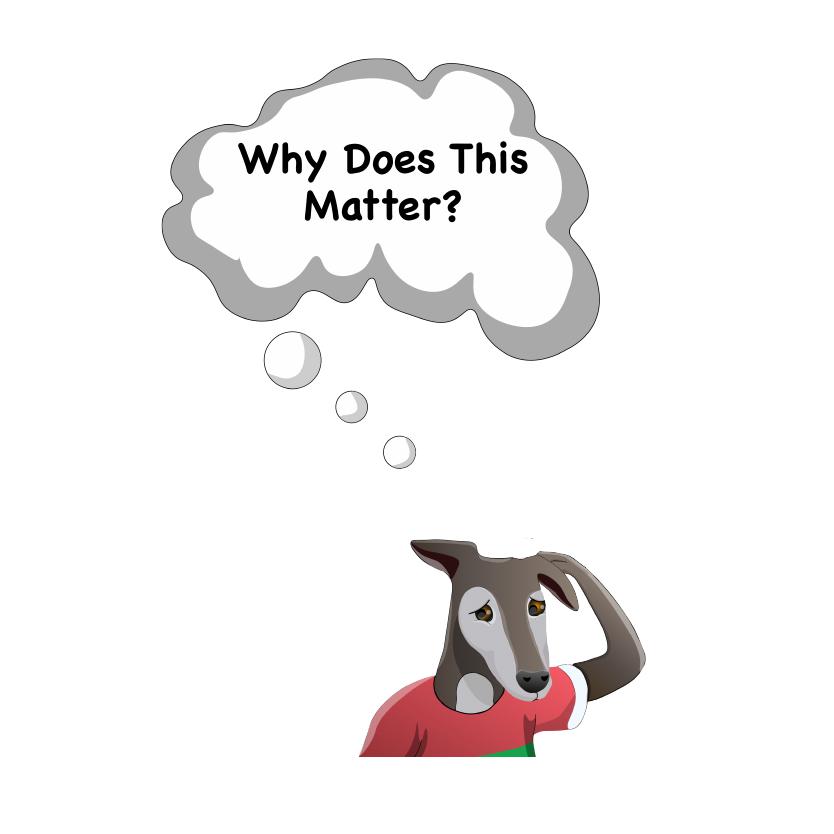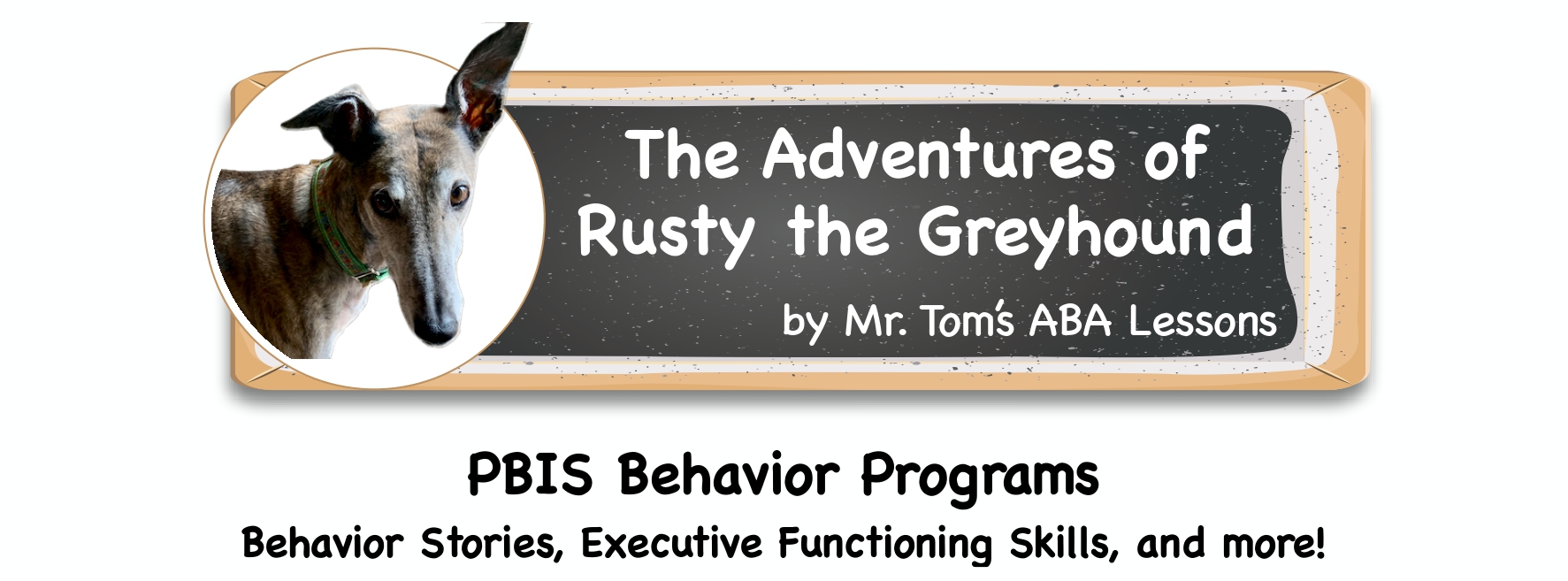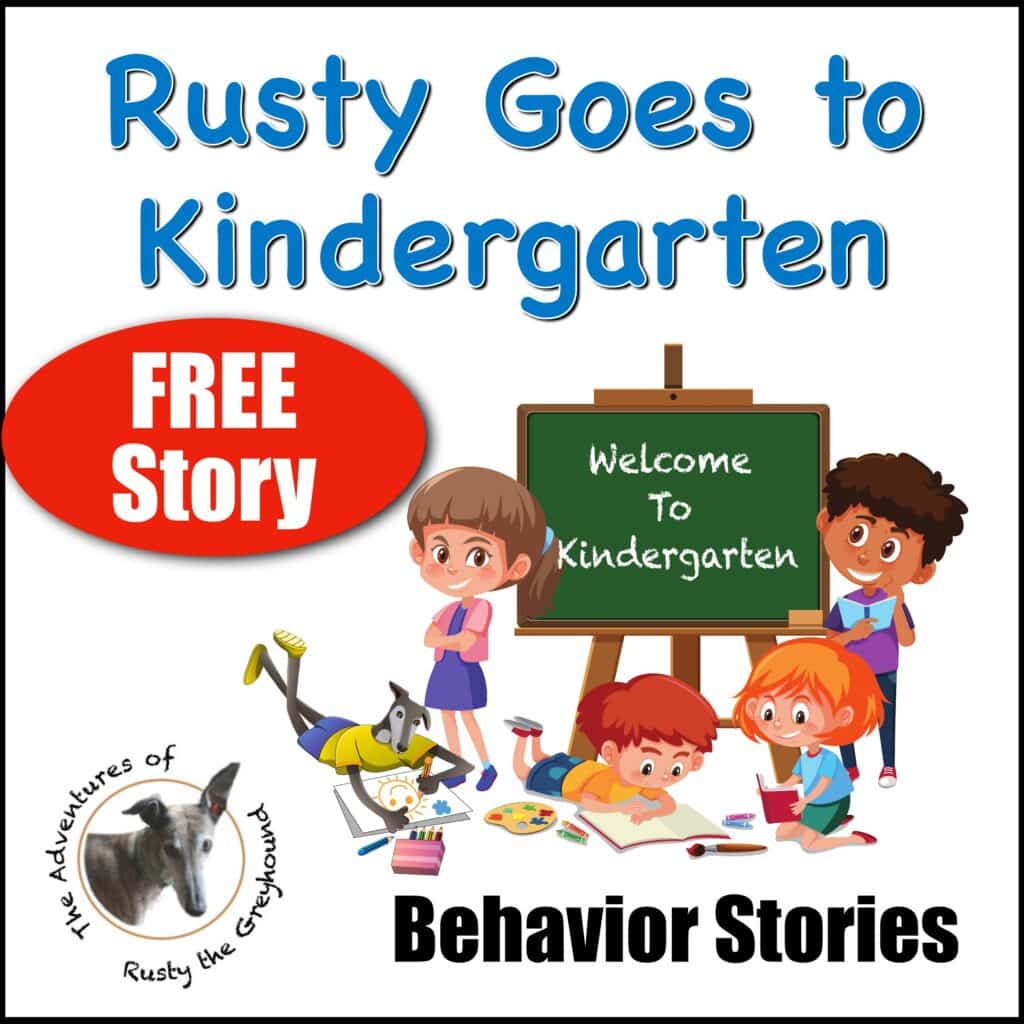Help Your Students Start Kindergarten off Right

You only do your first day of school once. The first day of kindergarten is a teacher’s chance to set the tone for the entire school year. Not to mention, you can set a positive precedent for all school learning. Using the RUSTY System, establish behavior management strategies using Applied Behavior Analysis (ABA).
What are the benefits?

When you approach the first day with warmth and positivity, you create a supportive learning environment. Take time to build rapport with your students by bonding (or pairing) with them. When you establish this positive relationship early, you use ABA to encourage excellent classroom behavior.
Equally important, reassure your students that you are a safe, helpful role model in their lives. Reassuring works together with bonding and building rapport. With these strong relationships, you are utilizing a powerful behavior management strategy.
Why does this matter?

Create a classroom full of students who trust their teacher to provide a safe, beneficial environment. When students’ basic needs are met, they are more likely to learn, which means your classroom is more likely to succeed.
What does this look like?

Start the RUSTY System at the beginning. Start by welcoming with fun activities and praise. Take time to establish routine and structure, which includes reviewing the classroom rules. Consider hosting a first-day field day. Make your policies clear, so students understand the expectations. You can use video stories to set up these expectations.
By encouraging and reassuring students, you begin student feedback and engagement. Perhaps write each student a note before they start the first day. My son’s teacher took the time to extend this welcome, which immediately started the teacher-student bonding and reassuring.
Introduce your classroom or school’s token economy. Start to gather intel on what type of rewards the students will like by getting to know them. Keep the RUSTY system consistent and strong all year long to say “yes!” concerning classroom behavior.
Don’t Miss Our Free Story. Click here To Get it Now!




